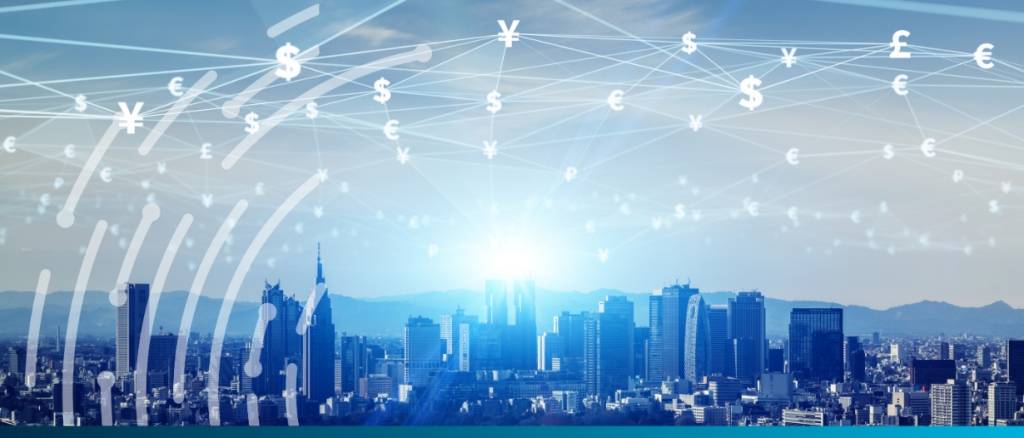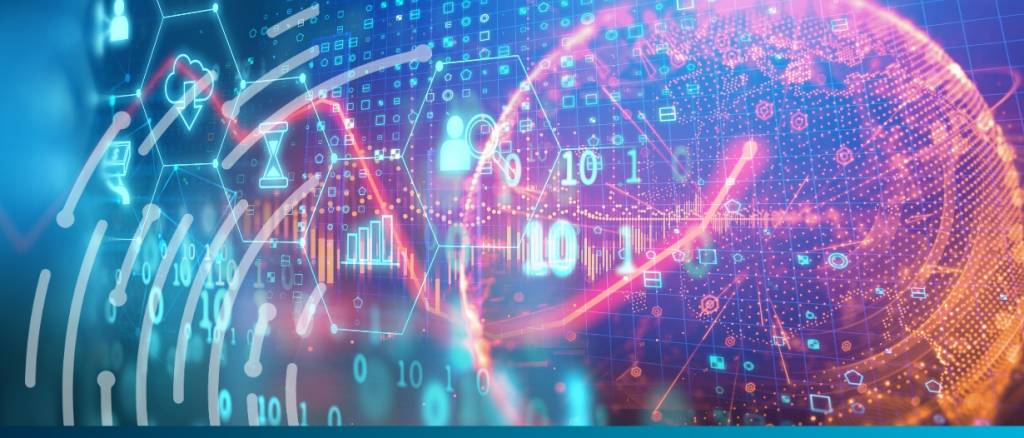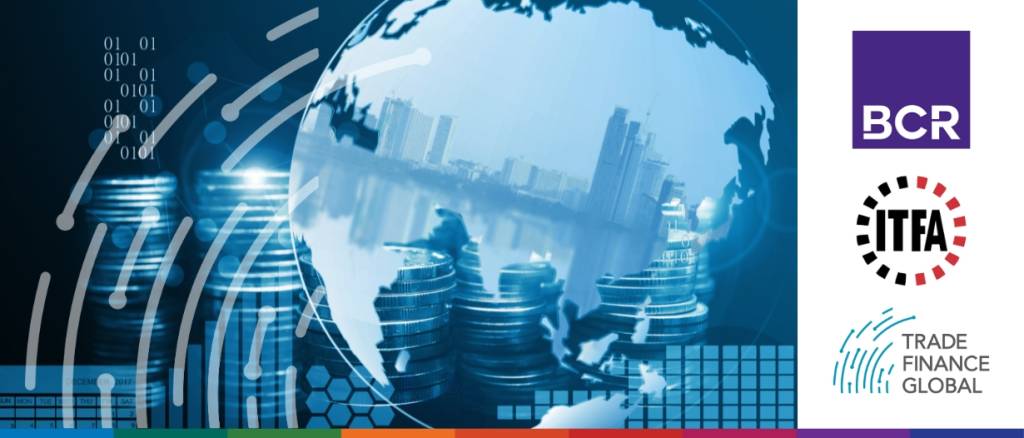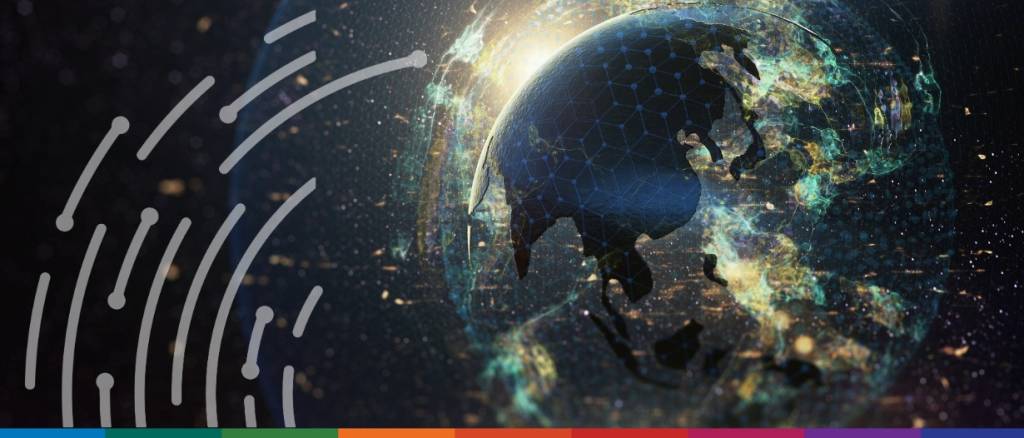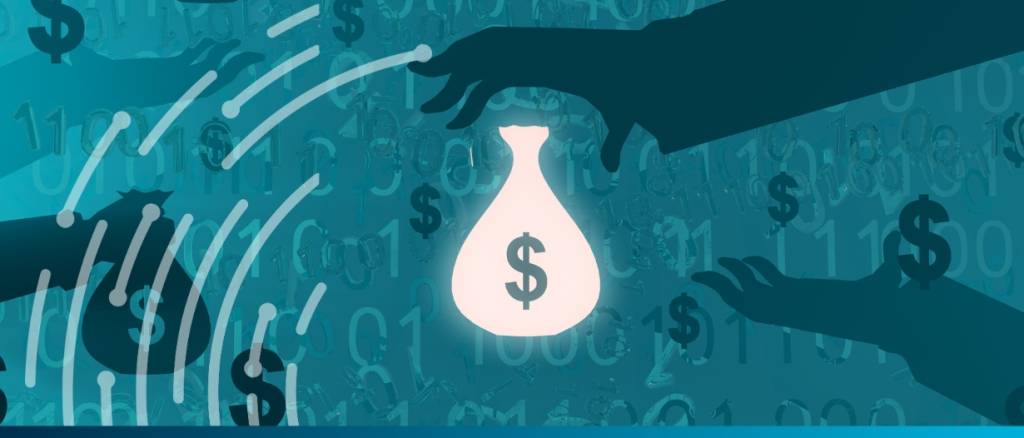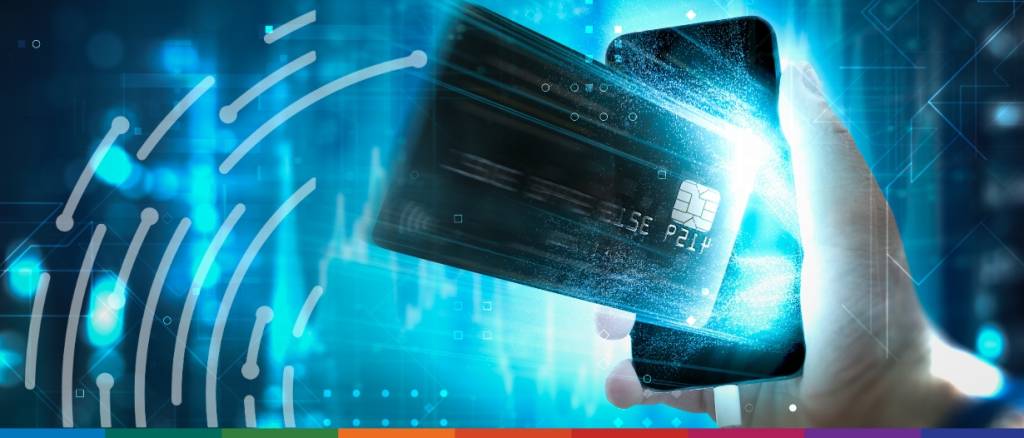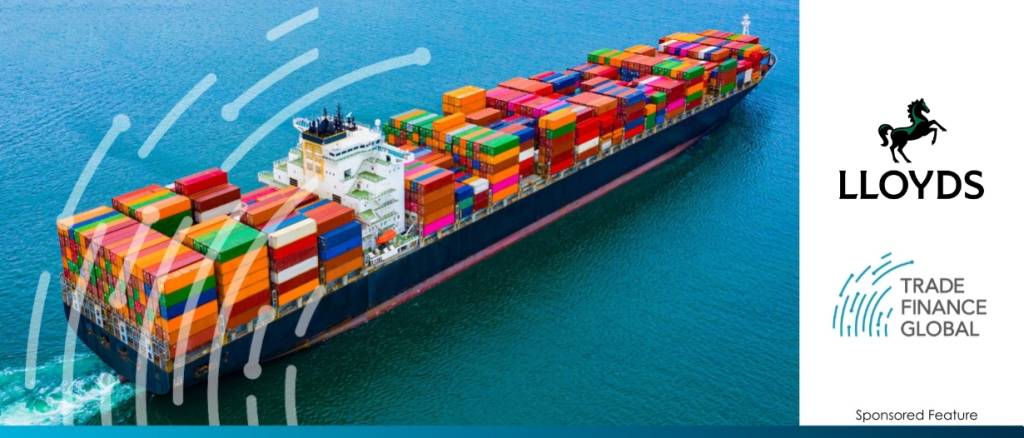NetXD has announced the expansion of its payments collaboration with Visa B2B Connect to onboard banks in Asia, following the successful onboarding of several banks across eight countries in Europe and the Americas.
Standard Chartered has announced the successful completion of Euro-denominated cross-border transactions between Hong Kong and Singapore, becoming the first Euro settlement bank to go live on Partior, the global unified ledger market infrastructure.
Do trade finance assets really have a place in investment portfolios? What role do regulations and rating agencies play in helping to safeguard and standardise this emerging area?
Discover the impact of ISO 20022, cross-border payment digitisation, and artificial intelligence on the banking sector’s payment efficiency.
Standard Chartered partners with Visa for efficient cross-border payments. Find out how this network simplifies B2B transactions and reduces costs.
Explore the evolving world of payment modernisation and the technologies shaping the future of banking systems.
In the rapidly evolving digital age, the payments industry is undergoing one of its most significant transformations in recent years.
Lloyds Bank has completed its first transaction using an electronic Bill of Lading (eBL) on the WaveBL trade documentation platform.
Kyriba, a liquidity performance company, unveiled new Artificial Intelligence (AI) functionalities within its platform.
To address these challenges and meet the needs of our clients, a modern, structured, open and pervasive payments language is now required.















